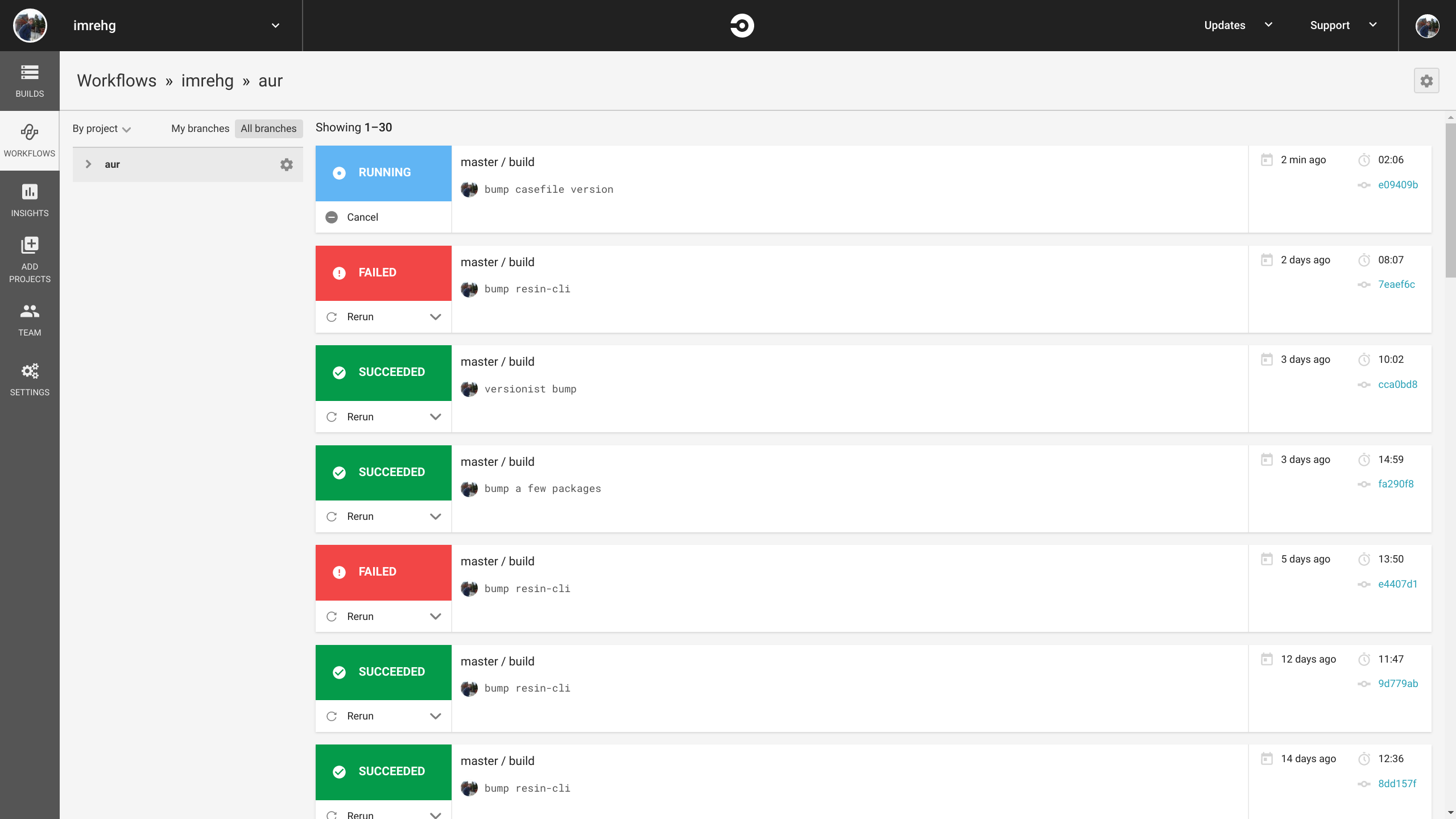I’m an interested user of many novel technologies, some examples being cryptocurrencies and IPFS. One technology that I was keeping an eye on was at the intersection of that two: Filecoin (it’s using blockchain and built on IPFS by the people who made IPFS). It aims to be a decentralized storage network, where nodes are rewarded by storing users’ data, in a programmatic and secure way. After a long wait, the Filecoin repositories just opened up a few days ago (see also the relevant Hacker News discussion). This allowed everyone to give the newly deployed development chain (devnet) a spin, and try out one possible “future-of-storage”. Since the release, I’ve spent a decent handful of hours with Filecoin, and thus gathered a few first impressions.
These are very early stages for the technology, so take all my comments with that nurturing point of view. I’m glad they release stuff at their version 0.0.2 as it happened, even if a lot of things are in flux. Also, I’ve spent a bunch of time with IPFS, a lot of parts of the experience with Filecoin (or rather with the initial implementation of go-filecoin is not as surprising (more familar) to me than likely to someone for the first time a project made by this team. More on this later. Now, in hopefully somewhat logical order...
Getting started
The first thing is obviously getting and installing the binaries for the project. The initial implementation is go-filecoin, which is not totally surprising, one of the two main IPFS implementations is also go-ipfs (the other, for the curious, is js-ipfs, but filecoin does not have a Javascript implementation just yet). As there are no binary releases for go-filecoin just yet, we’ll need to install from source. The project relies on pretty recent Go (1.11.1 or 1.11.2, it’s not clear from the docs and the code…), as well as pretty recent Rust (1.31.0, which is about 2 months old). If the combination of the two is surprising, it’s because some of the heavy lifting libraries was implemented in Rust, for performance reasons (that I think used in the proving that a node actually stores the data that it said it did, without sending the whole data for inspection – aka, the secret sauce of Filecoin).




